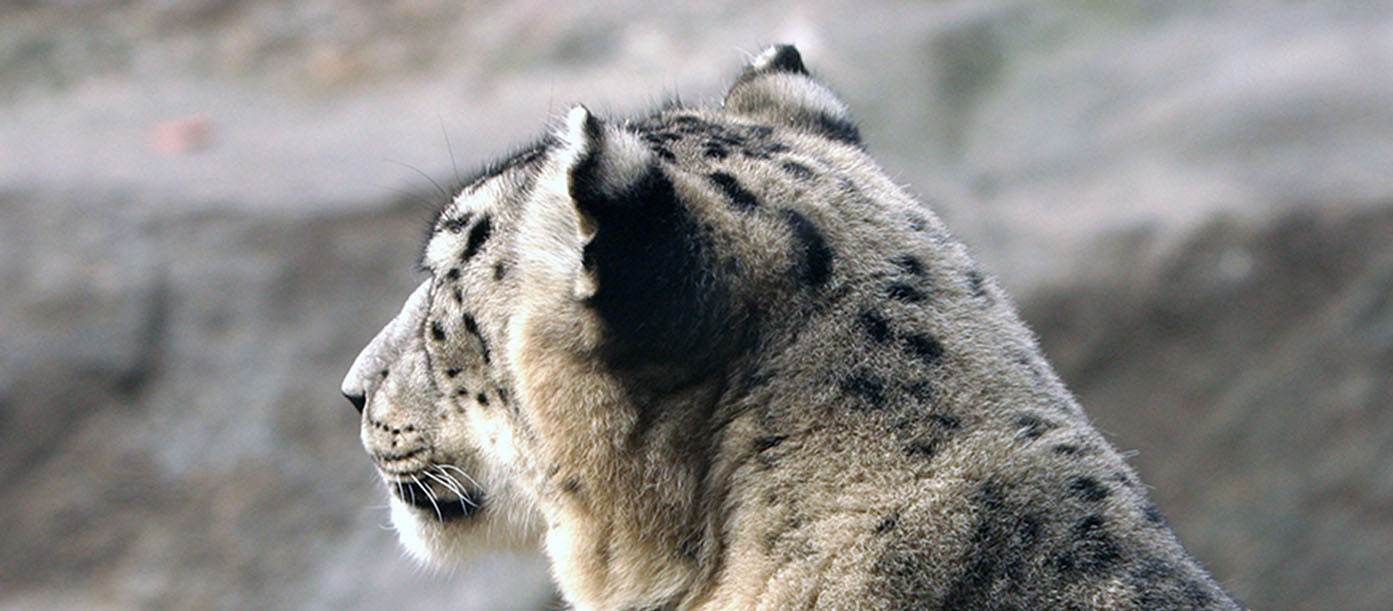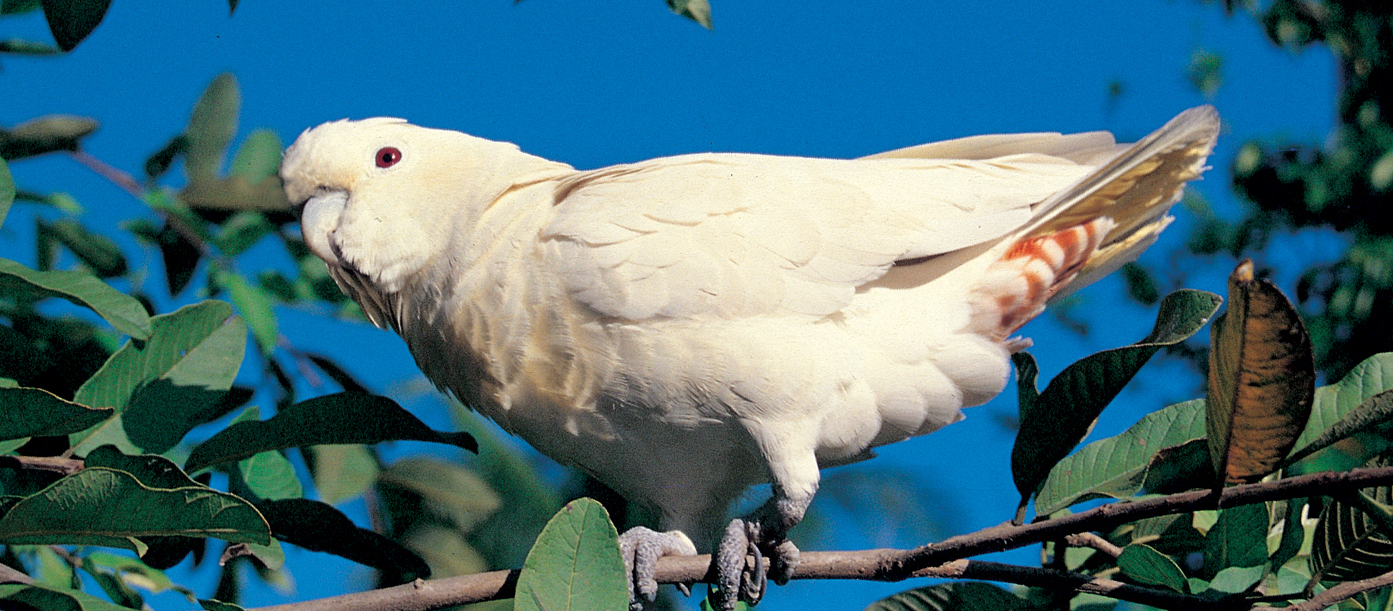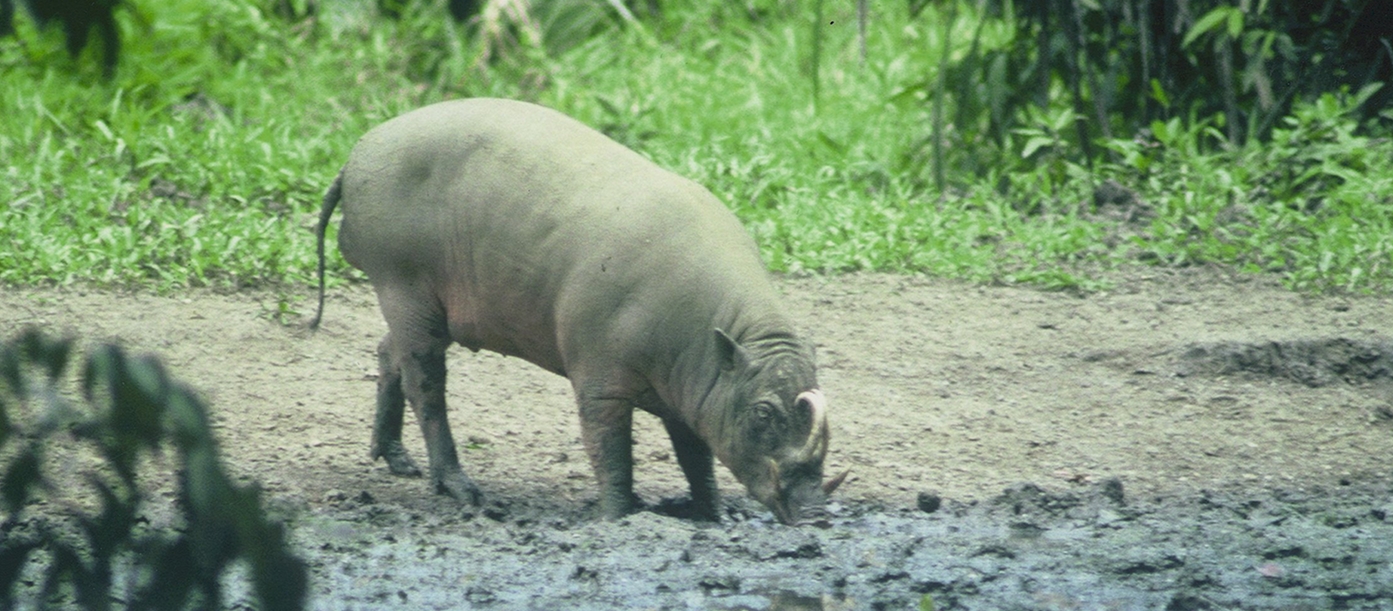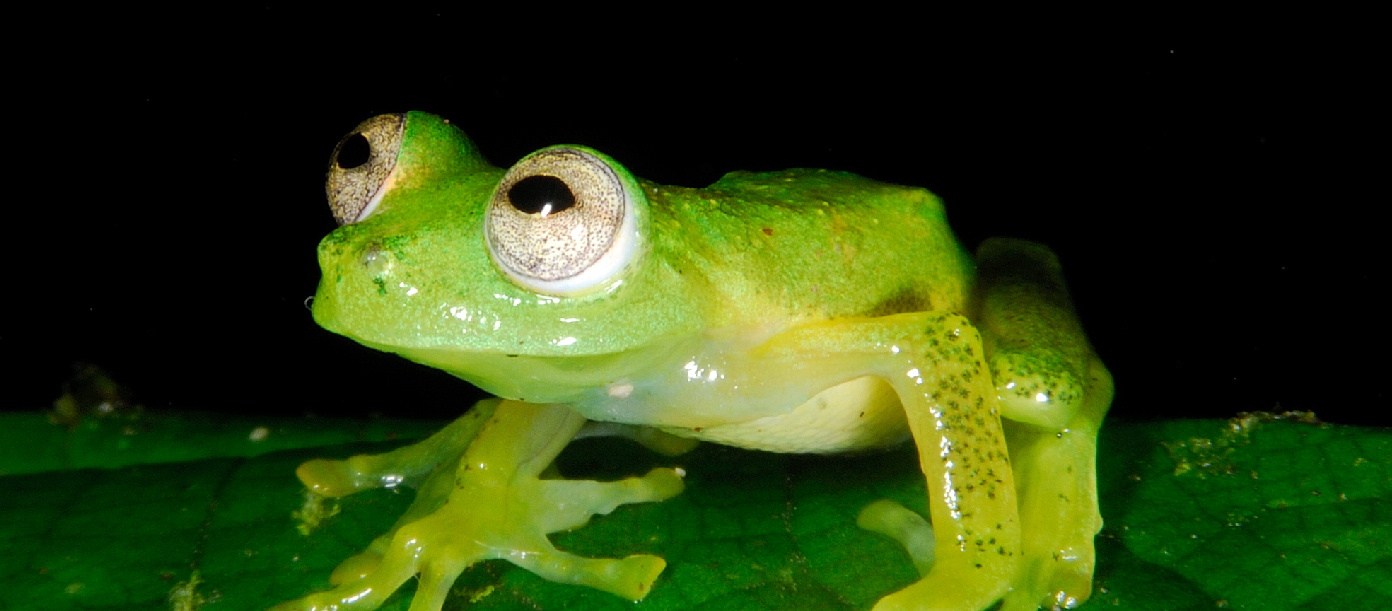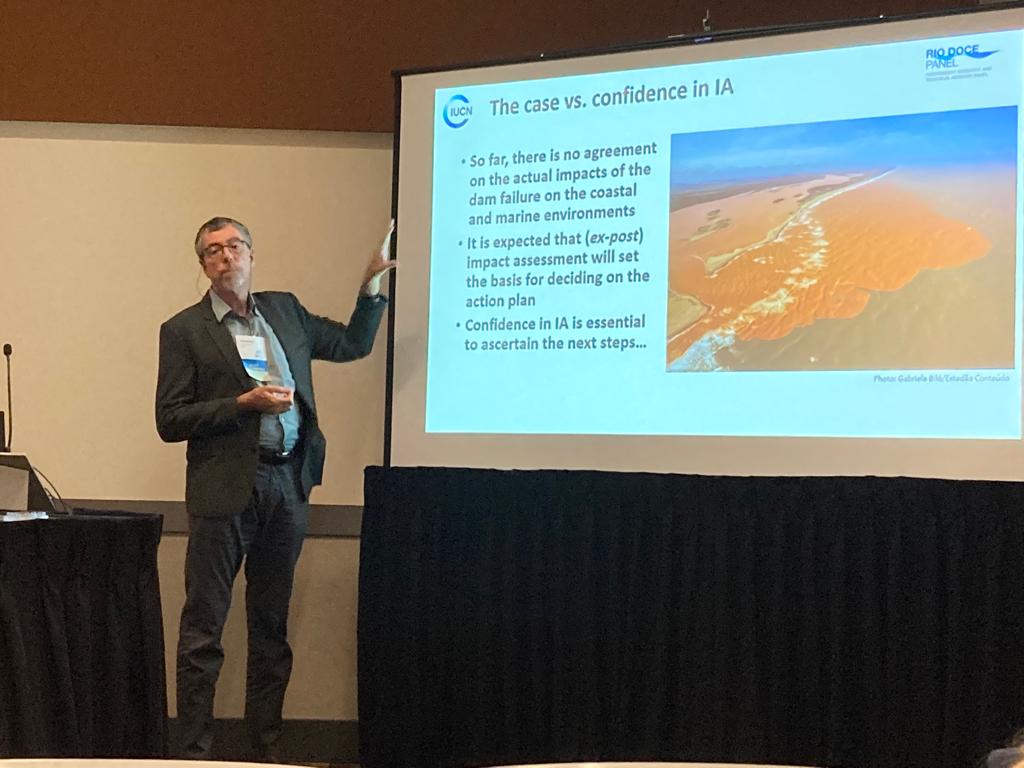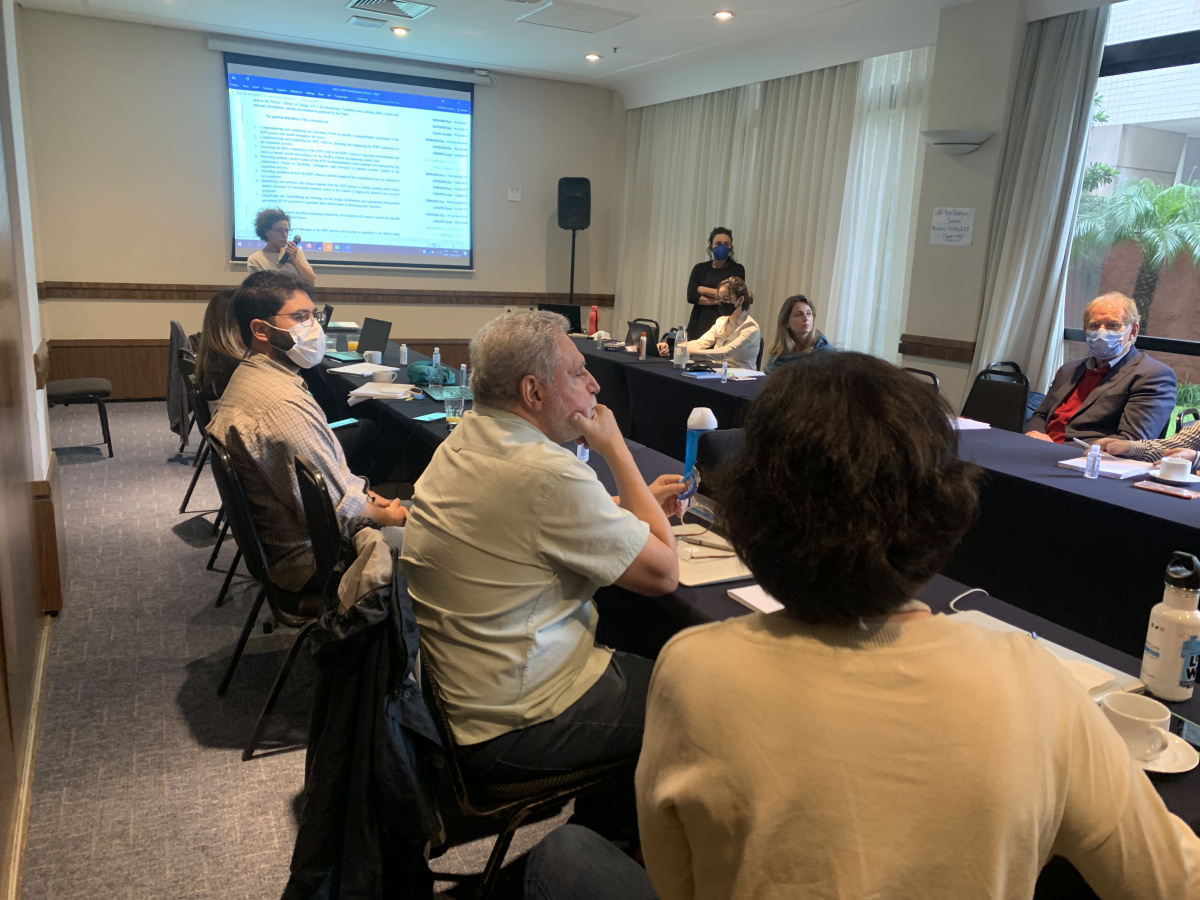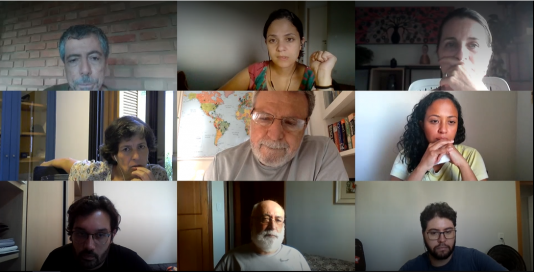Drawing on species conservation knowledge accrued over decades by IUCN, for the first call for proposals SOS focused on species groups that were completely assessed on IUCN’s Red List of Threatened Species™ and already had specific conservation action plans in place. According to IUCN’s Red List, one in three amphibians, one in eight birds, and one in four mammals are at risk of extinction in the wild. Nineteen different organizations will use these funds to conserve threatened animal and plant species and their habitats.
“The dire situation facing the world’s biodiversity calls for urgent action. SOS is seeking to bring knowledge, expertise and funding together in order to address the plight of threatened species,” says Julia Marton-Lefèvre, IUCN’s Director General. “Through these exciting projects we hope to show that, if properly implemented, conservation works.”
A high variety of different species is crucial for ecosystem health and SOS aims to conserve a multitude of threatened creatures, focusing on Asian and African mammals, amphibians and birds with the new round of funds. SOS supports a variety of mammal projects such as conservation programmes targeting the critically endangered Cross River Gorilla (Gorilla gorilla diehli) and Black Rhino (Diceros bicornis) in Africa, in addition to the endangered Snow Leopard (Panthera uncia) in Pakistan.
Mammals represent the largest portion of the SOS portfolio, but they are not the only species at risk. SOS also supports bird and amphibian projects, protecting the critically endangered Spoon-billed Sandpiper (Eurynorhynchus pygmeus) in Asia; a project to re-introduce the Philippine Cockatoo (Cacatua haematuropygia); and an initiative preserving the Golden Mantella Frog (Mantella aurantiaca) in Madagascar.
“Ignoring species conservation means ignoring a world in which species are currently disappearing at a rate 100 to 1,000 times higher than normal. The loss of wild plant and animal species is a real threat to human well-being, sustainable development and poverty reduction. In these times of economic turmoil, it would be wise not to further damage nature—our ultimate safety net,” says Jean-Christophe Vié, Deputy Director of IUCN’s Global Species Programme and SOS Director. “By implementing on the ground conservation action, the projects SOS select help protect entire habitats which both people and wildlife depend on.”
In October 2010, SOS was established with more than $US10 million in financing commitments in order to build a global coalition to protect threatened species and their habitats. This unique international alliance aims to raise awareness of biodiversity conservation and looks for participation from innovative companies across all industries. Nokia was the first company to join SOS.
“SOS was established to use the charisma of wild animals to explain the role of nature, generate interest in the plight of threatened species, and shed light on the complexity of conservation work,” says Monique Barbut, CEO and Chairperson of the GEF and Chair of the SOS Donor Council. “Today, with our core funding we are adding 23 new projects covering a large number of threatened species, including around 60 that will be closely monitored. So far we are on track. The only thing missing now is the private sector’s commitment to join our endeavour to save the planet’s captivating wildlife before it is too late.”
This decade has been declared by the United Nations as the Decade of Biodiversity. Issues surrounding species survival will be discussed at the IUCN World Conservation Congress in Jeju, Republic of Korea, from 6 to 15 September 2012.
For more information or to set up interviews, please contact:
• Elke Blodau, SOS Marketing and Communications Officer, t +41 22 999 0372, elke.blodau@iucn.org
• Maggie Roth, IUCN Media Relations, m: +1 202 262 5313, maggie.roth@iucn.org
